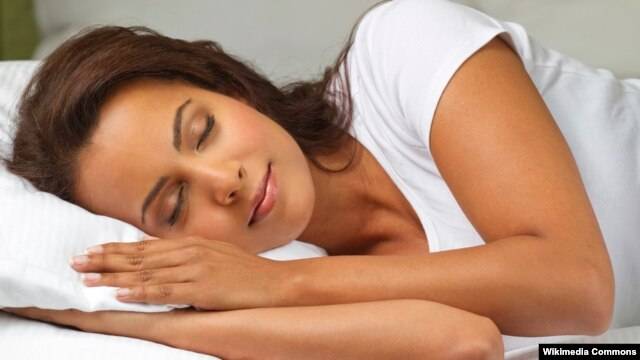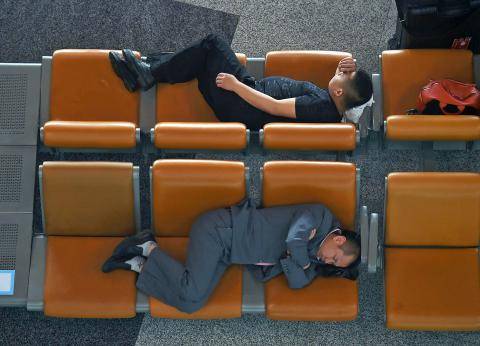prison/con.net
Member
- May 21, 2015
- 869
- 46
- 18
by far the most valuable 1/2 gram of gear you can have with you. 28 grams to the oz, guys. There's times and places where you just can't arrange more than flopping down on your gear and crashing for a few hours. To get restorative rest, when exhausted, hurting and uncomfortable, ONE 10 grain tablet of Ambien will work wonders. Benadryl does the same, helps counter shock symptoms and is non-script, but I can't use it.
The Ambien, swallowed a dozen at a time, will end the game for you, if and when you can't handle it anymore. A couple of plastic bags over your head, secured with bankline or paracord, as you go under, assures that you won't wake up. The brain's subconscious protective instinct can cause you to flinch/aside a bit, mess-up a suicide attempt with a gun, leaving you suffering and unable to finish the job.
The Ambien, swallowed a dozen at a time, will end the game for you, if and when you can't handle it anymore. A couple of plastic bags over your head, secured with bankline or paracord, as you go under, assures that you won't wake up. The brain's subconscious protective instinct can cause you to flinch/aside a bit, mess-up a suicide attempt with a gun, leaving you suffering and unable to finish the job.
Last edited:





